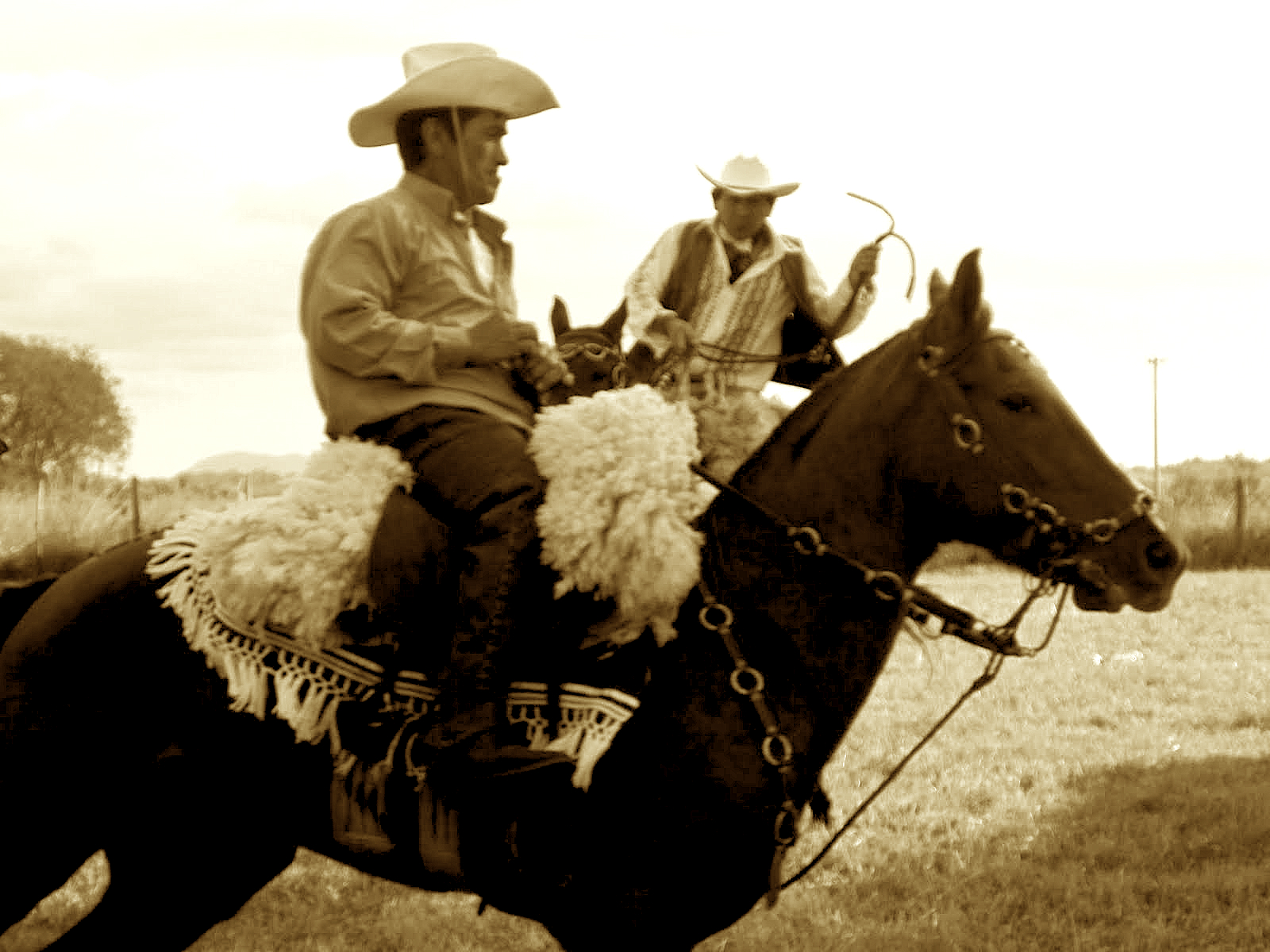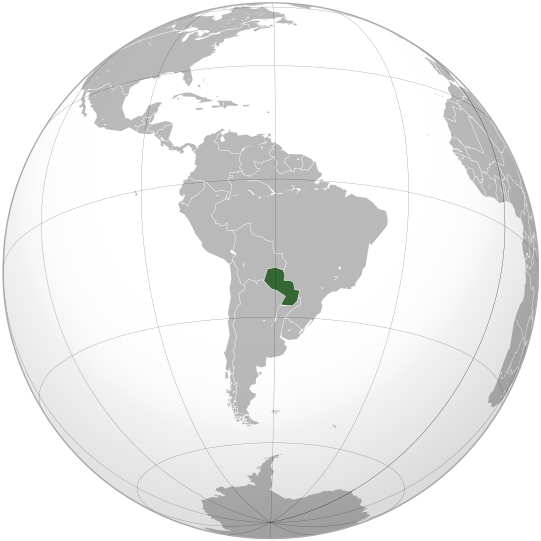
![]() BY SAINT JOHN BARNED-SMITH So this ends my time as a Peace Corps Trainee. I’m officially a Volunteer, and we are now at T-2 years and counting. I’ve been thinking a lot about what I’ve learned through this process, how I might have changed, how I might change in the future. First, I’m learning how to handle awkward and uncomfortable better. This is a skill I think I’d already started to develop as a reporter – it’s not particularly fun or easy to ask a man how his mother was shot to death by her cracked out boyfriend for a story on deadline. And I’ve done that. But where reporting sometimes required a more direct, take-no-prisoners-approach, being in Peace Corps is making me learn patience. Especially patience to hang in the unknown, and just wait, and to find some measure of comfort stretched out like that. When we first applied, we had no idea if we’d be accepted. Then, no idea where we’d be sent. Then, no idea, really, what our countries would be like. Then, how our families in training would be like.
BY SAINT JOHN BARNED-SMITH So this ends my time as a Peace Corps Trainee. I’m officially a Volunteer, and we are now at T-2 years and counting. I’ve been thinking a lot about what I’ve learned through this process, how I might have changed, how I might change in the future. First, I’m learning how to handle awkward and uncomfortable better. This is a skill I think I’d already started to develop as a reporter – it’s not particularly fun or easy to ask a man how his mother was shot to death by her cracked out boyfriend for a story on deadline. And I’ve done that. But where reporting sometimes required a more direct, take-no-prisoners-approach, being in Peace Corps is making me learn patience. Especially patience to hang in the unknown, and just wait, and to find some measure of comfort stretched out like that. When we first applied, we had no idea if we’d be accepted. Then, no idea where we’d be sent. Then, no idea, really, what our countries would be like. Then, how our families in training would be like.
At every turn, we were told “It depends.” (This becomes the inside joke/swear-word of all volunteers.) “What’s it going to be like? Oh wait….it depends.”
From there, we had to put our old lives in a box, and get acclimated to a new country, new friends, and a totally new schedule – one with minimal privacy, minimal contact with home, and no internet or cellphones the vast majority of the time. Quelle disastre! And JUST as we finally had wrapped our heads around that situation, our training ended, and now we’re scattering to the corners of Paraguay, where, practically every second, I find myself wondering “what the heck do I do now?”
Another thing I’ve learned more about is thinking big picture/keeping things in perspective. being a Rural Health Volunteer is to be a 2-year-unit in a 6-year rotation that my bosses have set up. As a first time volunteer, I’ll be building lots of human infrastructure, like setting up committees, teaching the people here leadership skills and how to lobby different parts of the government for the changes they want and need. I’ll also be working on long-term behavioral change, as in changing tooth-brushing habits, or daily diets, or encouraging more exercise. Its a job where I might see very few direct results – quite a bit different than banging out the hundred or so stories I wrote back in Philadelphia. So, here’s to perspective. MORE
